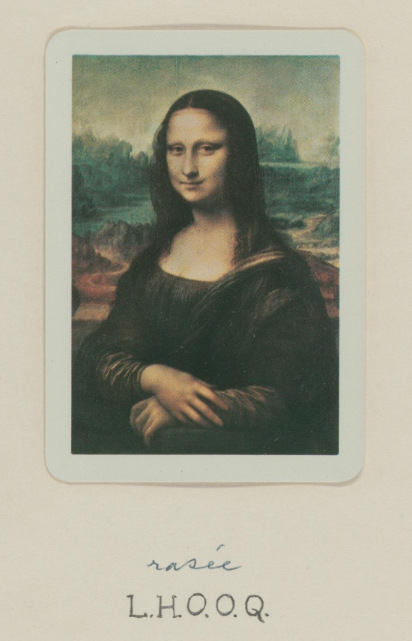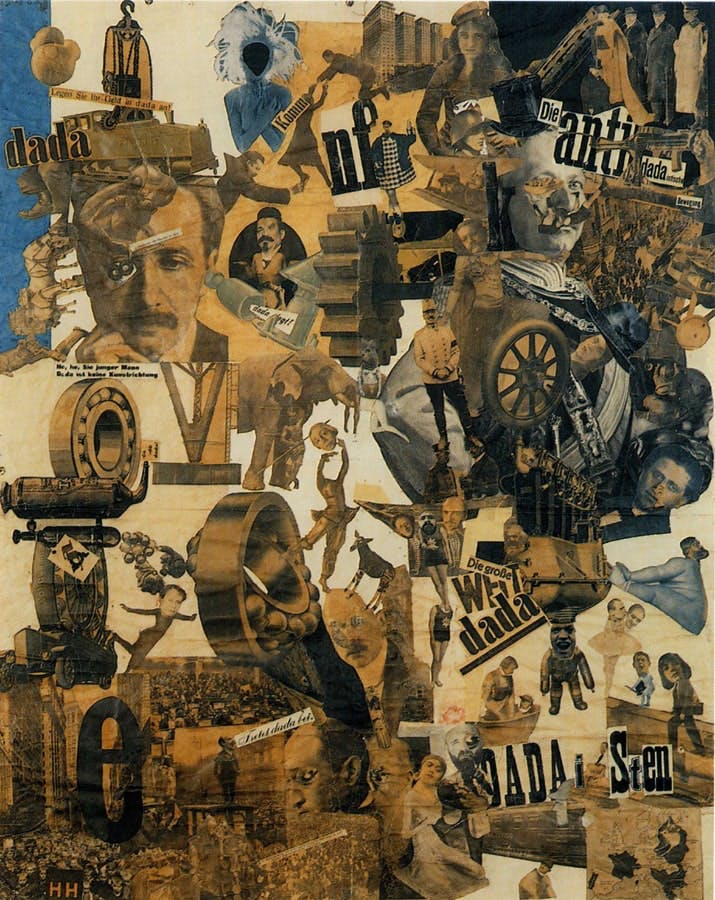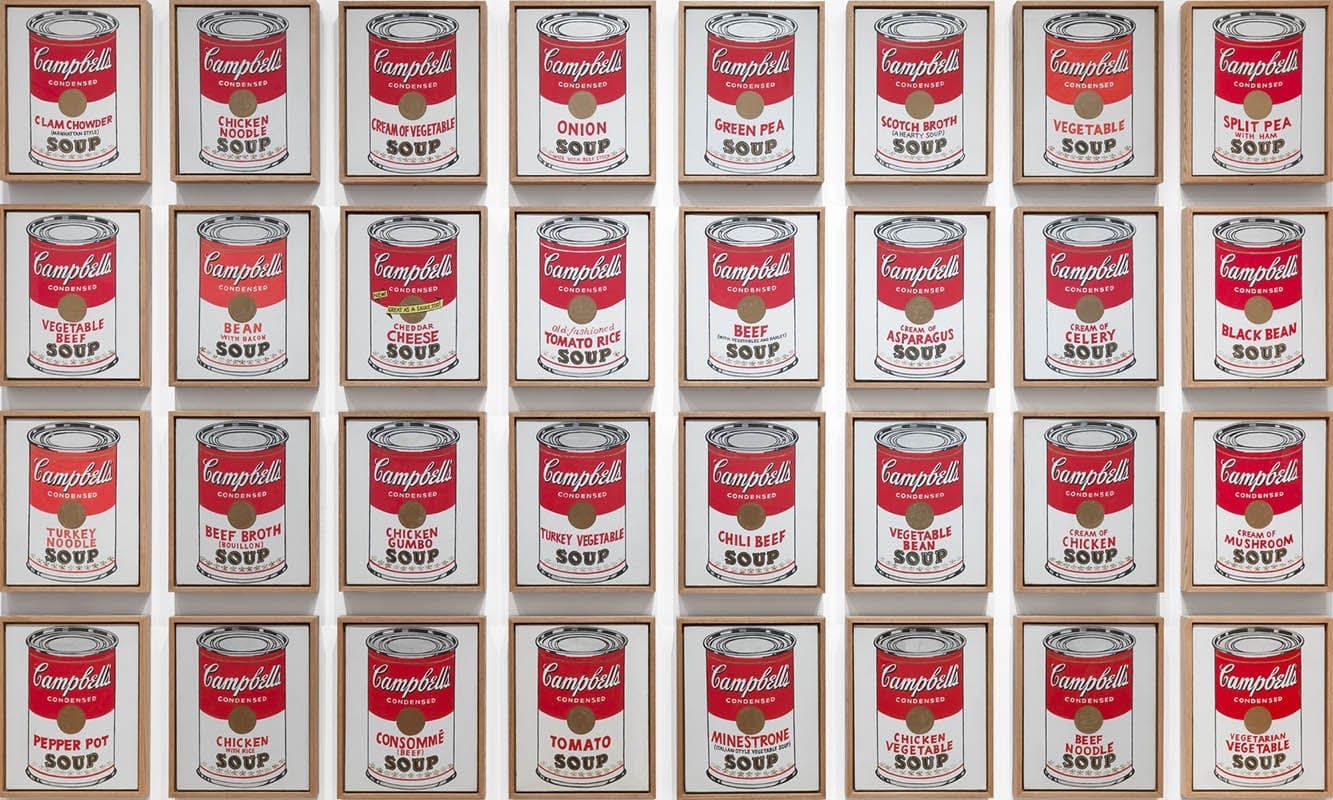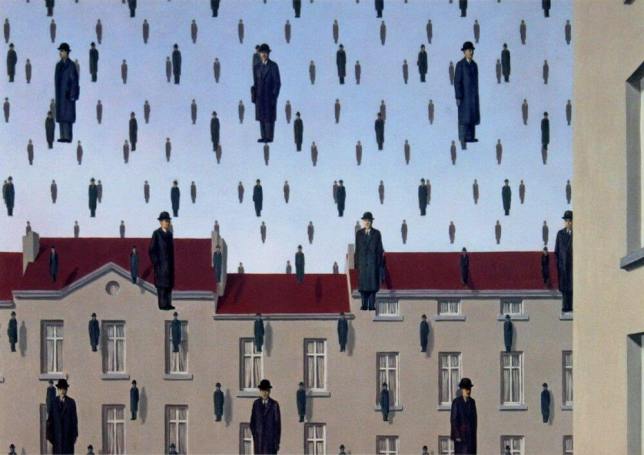Artland (n.d.). What is Dadaism, Dada Art, or a Dadaist?
The article “What is Dadaism, Dada Art, or a Dadaist?” published on the platform for contemporary art in a detailed way explains what Dadaism is, its origins, and critical ideas. The major advantage of this article is that it not only discusses the Data art movement per se from the theoretical perspective but also contains photos of the appropriate artworks and interprets their meaning. Since the messages communicated by the Dadaist artists through their artworks are not always straightforward and explicit, the article significantly assists in comprehending the critical idea. Overall, this column could be regarded as a profound introduction to the topic of the Dada movement.
Hage, E. (2020). Dada Magazines: The Making of a Movement. Bloomsbury Publishing USA.
The author of the book, Emily Hage, is an expert on European and American art of the 20th century. As it could be inferred from the title, the book is dedicated to magazines of the Dada epoch. Dada Magazines helps the audience understand the process of Dada formation and explains how Dada magazines contributed to this process. More precisely, the main feature of Dada magazines is that they stimulated discussion among the artist and, hence, enrichment of their ideas and techniques (Hage, 2020). This book applies to the current research paper because it discovers the history of the Dada movement and shows that magazines were more than a collection of reproductions.
Oxford Art Online (n.d.). Dada and Surrealism.
The current research paper analyzes the impact of Dada on the following schools of art and cultural movements, including Surrealism. The article published on Oxford Art Online, which provides access to peer-reviewed articles and art reference sources, compares Dada and Surrealism. The key insight derived from this column is that both Dada and Surrealism are based on “a profound disillusionment with and condemnation of the Western emphasis on logic and reason” (Oxford Art Online, n.d., para. 2). At the same time, the difference is that Surrealism emphasizes the subconscious and tries to communicate the ideas and dreams hidden deeply in artists’ minds.
Wilmer, S. (2017). After Dada: Fluxus as a nomadic art movement. New Theatre Quarterly, 33(1), 59-64.
This article is directly related to the topic of the research paper because it investigates the development of art after the Dada movement came to an end. Wilmer (2017) focuses attention on the development of the art movement of the 1960s called Fluxus. It is curious to notice that Fluxus is commonly regarded as neo-Dadaism. The purpose of Fluxus art was not the absence of order and logic but in “speaking about a minor people and a minor art” (Wilmer, 2017, p. 59). This way, even though Fluxus was influenced by the Dada art movement and borrowed some features from it, it is entirely new and different from the Dada of the 1920-s.
Images
Duchamp, M. (1965). L.H.O.O.Q. Rasée [painting]. Philadelphia Museum of Art, Philadelphia, PA, United States.

As it has been already mentioned, the Dada art movement is against logic, rules, and traditions. This picture that contains the reprint of Leonardo da Vincis Mona Lisa proves that Dadaism is rebellious and is not afraid to break traditions.
Höch, H. (1919-20). Cut with the Kitchen Knife Dada Through the Last Weimar Beer-Belly Cultural Epoch of Germany [painting]. Staatliche Museen zu Berlin, Berlin, Germany.

This picture is related to the research paper on the Dada art movement because it illustrates one of the most common techniques applied by the Dadaists – collage.
Warhol, A. (1962). Campbell’s Soup Cans [painting]. Philadelphia Museum of Art, Philadelphia, PA, United States.

Campbell’s Soup Cans is one of the most famous pop-art pictures. This image is used in the present research paper to analyze common features between pop-art and Dadaist artworks.
Magritte, R. (1953). Golconda [painting]. The Menil Collection, Houston, Texas, United States.

Magrittes painting is utilized by the author of the present research paper as an illustration of the fact that the Dada art movement heavily influenced surrealism.
References
Artland (n.d.). What is Dadaism, Dada Art, or a Dadaist?
Duchamp, M. (1965). L.H.O.O.Q. Rasée [painting]. Philadelphia Museum of Art, Philadelphia, PA, United States.
Hage, E. (2020). Dada Magazines: The Making of a Movement. Bloomsbury Publishing USA.
Höch, H. (1919-20). Cut with the Kitchen Knife Dada Through the Last Weimar Beer-Belly Cultural Epoch of Germany [painting]. Staatliche Museen zu Berlin, Berlin, Germany.
Magritte, R. (1953). Golconda [painting]. The Menil Collection, Houston, Texas, United States.
Oxford Art Online (n.d.). Dada and Surrealism.
Warhol, A. (1962). Campbell’s Soup Cans [painting]. Philadelphia Museum of Art, Philadelphia, PA, United States.
Wilmer, S. (2017). After Dada: Fluxus as a nomadic art movement. New Theatre Quarterly, 33(1), 59-64.